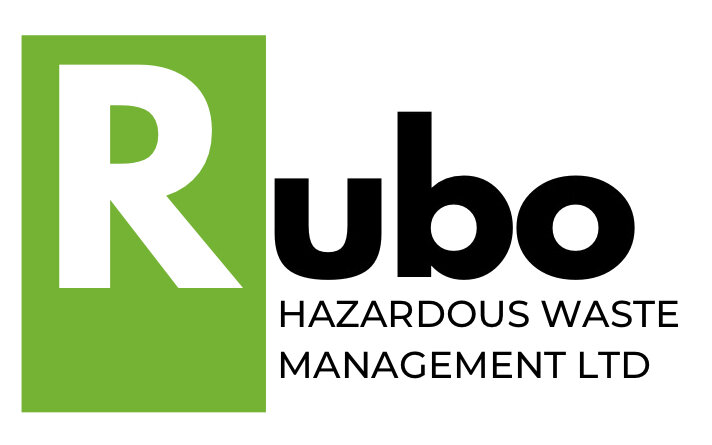Decoding Hazardous Waste Property Codes: Unveiling Insights for Responsible Management
In the intricate realm of hazardous waste management, understanding the properties of waste is key to ensuring safety, compliance, and responsible disposal. Hazardous Waste Property Codes stand as an indispensable tool in this pursuit. In this blog post, we embark on a journey to unravel the significance, structure, and practical applications of hazardous waste property codes, shedding light on how they enhance our ability to manage hazardous waste effectively.
Grasping Hazardous Waste Property Codes:
Hazardous Waste Property Codes are standardized identifiers assigned to hazardous waste to communicate its characteristics. These codes are instrumental in facilitating proper handling, transportation, and disposal, while also ensuring compliance with regulations and minimizing environmental impact.
Essential Aspects of Hazardous Waste Property Codes:
Physical Properties: Property codes encompass a range of physical characteristics, such as flammability, corrosivity, reactivity, and toxicity, which play a vital role in determining how waste should be managed.
Regulatory Alignment: Hazardous waste property codes are directly linked to regulatory requirements, guiding waste generators, handlers, and regulators on how waste should be treated and disposed of.
Documentation and Reporting: Accurate and consistent property code documentation is essential for regulatory compliance, waste tracking, and transparency.
Impact on Hazardous Waste Management:
Understanding hazardous waste property codes is a game-changer in waste management. Armed with this knowledge, professionals can make informed decisions about packaging, storage, transportation, and disposal methods that prioritize safety and environmental protection.
Enhancing Compliance and Accountability:
Property codes act as a common language among stakeholders in the waste management process. They foster clear communication, enabling organizations to adhere to laws, reduce risks, and demonstrate their commitment to responsible waste handling.
Best Practices in Utilizing Property Codes:
Accurate Characterization: Thoroughly analyze waste to ensure accurate assignment of property codes, minimizing errors in waste management practices.
Regular Updates: Stay updated on any changes in property codes, reflecting advancements in knowledge and regulatory requirements.
Collaborative Communication: Foster communication among all stakeholders to ensure property codes are consistently and correctly assigned and understood.
Our Commitment to Informed Waste Management:
At Rubo - Hazardous Waste Management Ltd, we recognize the critical role of hazardous waste property codes in responsible waste management. Our team is well-versed in applying property codes to ensure that hazardous waste is treated and disposed of with the utmost care and precision.
Seek Guidance or Clarification:
If you have questions about hazardous waste property codes or require assistance in waste management practices, feel free to reach out to us. Together, we can navigate the intricacies of waste characterization, promoting safety, compliance, and environmental stewardship.
